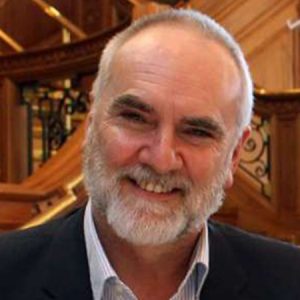
Speaker Profile
Peter
McBride
Post-conflict Mental Health Specialist
Based in Northern Ireland and having worked there for the past 30 years, Peter is a post-conflict mental health specialist. Peter has a particular interest and expertise in understanding the impact psychological trauma has on large groups (NI society being a significant example) and has worked internationally to develop a deeper understanding of the lasting impact of violence on vulnerable communities and its impact on their ability to rebuild after significant atrocity or genocide. He has worked in bereavement, mental health, learning disability and addiction services latterly as the Group Chief Executive of Inspire Wellbeing, one of Irelands foremost mental health and learning disability organisations. He stepped down from this role in 2019 and has been working since then as an independent consultant with a variety of organisations and senior individuals. In 2020/2021 Peter spent almost a year as The Director of The Cohen Center for Holocaust and Genocide Studies in Keene, New Hampshire, USA returning to Northern Ireland in 2021. Peter has extensive experience in senior leadership across public and third sector organisations with roles such as Chair of the Inter-Departmental working group on Mother and Baby Homes and Magdalene Laundries, Chair of the Northern Ireland Council for Voluntary Action (NICVA), board member of The Wheel and board member of BBC Children in Need. Prior to his move to the US Peter was Chair of the Being Open Workstream of the implementation programme for the Inquiry into Hyponatraemia Related Deaths (IHRD) for the NI Department of Health and he has resumed a role with the Department of Health working on IHRD implementation as well as developing the strategy for bereavement services across NI in light of the COVID pandemic. Peter also provides coaching and specialist supervision for senior leaders across public and private sectors in Northern Ireland and internationally. Peter has played a significant role in senior civic leadership in public life in Northern Ireland, particularly in his support for reconciliation and the development of services for victims and survivors of the NI conflict. Peter remains based in Northern Ireland but with extensive international involvement. Peter is an Executive Director of The Lemkin Institute for Genocide Prevention.




